Monolith Soft are one of the most important studios in terms of association with Nintendo. The studio is known for making massive worlds, as well as how it has helped in creating the open-world Zelda games. Outside of Xenoblade Chronicles though, many people might not actually know how many games that Monolith Soft has made.
After Tetsuya Takahashi left Square Enix, he co-founded Monolith Soft and immediately began making a follow-up to Xenogears, though the studio has grown dramatically since then. So let’s take a look at each and every one of its games.
Are All Of Monolith Soft’s Games Part Of The Xeno Series?
From its foundations to the current day, Monolith Soft has been defined by the Xeno series. The studio was formed from a desire to create a spiritual successor to Xenogears, with Xenosaga being its main title. Nowadays, Xenoblade Chronicles is its most prominent title. Yet despite all that legacy, Monolith has made plenty of games in between that have no association with the Xeno series.
There are plenty of smaller ones that people may not have heard of, like Soma Bringer and Disaster: Day of Crisis, though Monolith also developed the Namco, Capcom, and Sega collaboration games, Project X Zone, as well as Baten Kaitos. In fact, around half of Monolith’s developed games aren’t related to the Xeno games at all.
How Many Games Has Monolith Soft Made?
Monolith was founded in 1999, and based on Takahashi’s previous work experience, immediately found the company under the ownership of Bandai Namco (at that time just Namco). As such, many of the company’s early games were published by Namco, though they still published some of its games even after Nintendo bought the majority of Monolith’s shares in 2007.
As such, they have a wide plethora of games, some published by Namco and others by Nintendo. Now let’s take a quick look at all of those games.
For the sake of clarity, expansions and games without an individual release (Xenosaga Freaks, Future Redeemed, The Golden Country) are not counted here.
|
Game |
Release Date |
Platforms |
|---|---|---|
|
Xenosaga Episode I |
2002 |
PS2 |
|
Baten Kaitos: Eternal Wings And The Lost Ocean |
2003 |
GameCube |
|
Xenosaga Episode II |
2004 |
PS2 |
|
Xenosaga: Pied Piper |
2004 |
Mobile Devices |
|
Namco x Capcom |
2005 |
PS2 |
|
Baten Kaitos: Origins |
2006 |
GameCube |
|
Xenosaga I and II (Remake) |
2006 |
DS |
|
Xenosaga Episode III |
2006 |
PS2 |
|
Soma Bringer |
2008 |
DS |
|
Super Robot Wars OG Saga: Endless Frontier |
2008 |
DS |
|
Disaster: Day Of Chaos |
2008 |
Wii |
|
Dragon Ball Z: Attack of the Saiyans |
2009 |
DS |
|
Super Robot Wars OG Saga: Endless Frontier Exceed |
2010 |
DS |
|
Xenoblade Chronicles |
2010 |
Wii |
|
Project X Zone |
2012 |
3DS |
|
Xenoblade Chronicles X |
2015 |
Wii U |
|
Project X Zone 2 |
2015 |
3DS |
|
Xenoblade Chronicles 2 |
2017 |
Switch |
|
Xenoblade Chronicles Definitive Edition |
2020 |
Switch |
|
Xenoblade Chronicles 3 |
2022 |
Switch |
Based on the titles we’ve included here, Monolith Soft has developed 20 games by itself. For a studio that formed in 1999, that’s a very good number of titles, especially when you consider its work on other titles as a support developer as well. With the story of Xenoblade Chronicles relatively wrapped up, that gives Monolith the chance to move onto new IPs in future once again.
How Many Games Has Monolith Soft Been A Support Studio For?
The Xenoblade series is what gave Monolith Soft its international popularity, and rightfully so, though from an industry standpoint, its talent in creating massive worlds and optimisation has clearly gained the attention of many.
It’s mostly public knowledge the role that Monolith played in Breath of the Wild and Tears of the Kingdom, clearly helping in shifting Zelda to an open-world setting, though it has assisted in some other games you might not have known about, too. Let’s check those out.
|
Game |
Release Date |
Studio Supported |
|---|---|---|
|
Dirge Of Cerberus: Final Fantasy 7 |
2006 |
Square Enix |
|
Super Smash Bros. Brawl. |
2008 |
Nintendo |
|
The Legend Of Zelda: Skyward Sword |
2011 |
|
|
Animal Crossing: New Leaf |
2012 |
|
|
Pikmin 3 |
2013 |
|
|
The Legend of Zelda: A Link Between Worlds |
2013 |
|
|
Splatoon |
2015 |
|
|
Animal Crossing: Happy home Designer |
2015 |
|
|
The Legend Of Zelda: Breath Of The Wild |
2017 |
|
|
Splatoon 2 |
2017 |
|
|
Animal Crossing: New Horizons |
2020 |
|
|
Splatoon 3 |
2022 |
|
|
The Legend of Zelda: Tears Of The Kingdom |
2023 |
That’s 13 games Monolith has been credited as a support studio on, making up over half its own developed works. All but one of these has been in helping Nintendo on its titles., with Animal Crossing the most interesting example there. A much more fascinating game here is Dirge of Cerberus. Third-person shooters weren’t exactly Square Enix’s forte, it seems.
Monolith Soft are part of the reason that so many of Nintendo’s more recent games are as stable as they are. Xenoblade Chronicles 3 is already a marvel on the Switch, so it’s no surprise that Nintendo enlisted its help for the Zelda games.
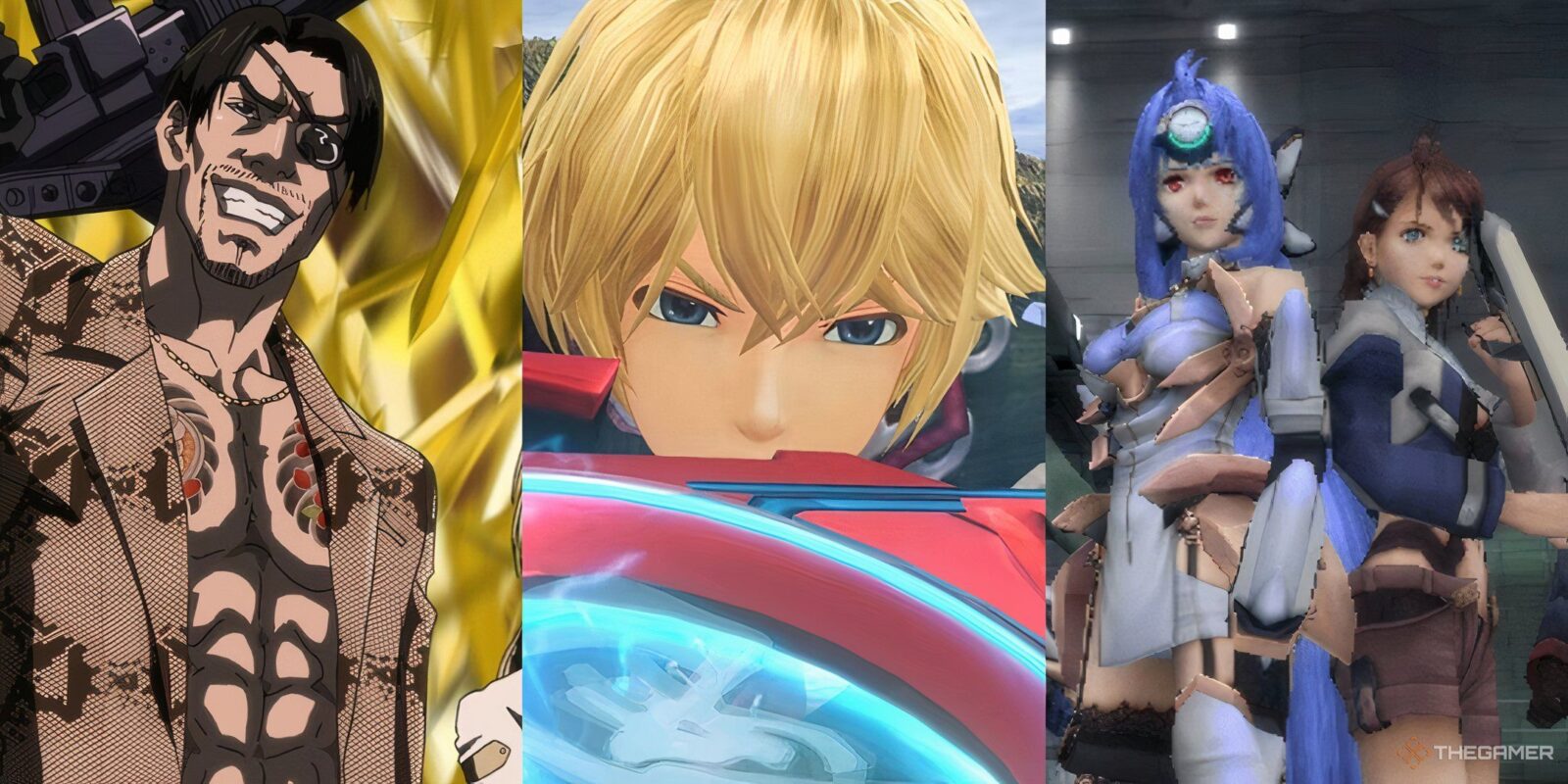

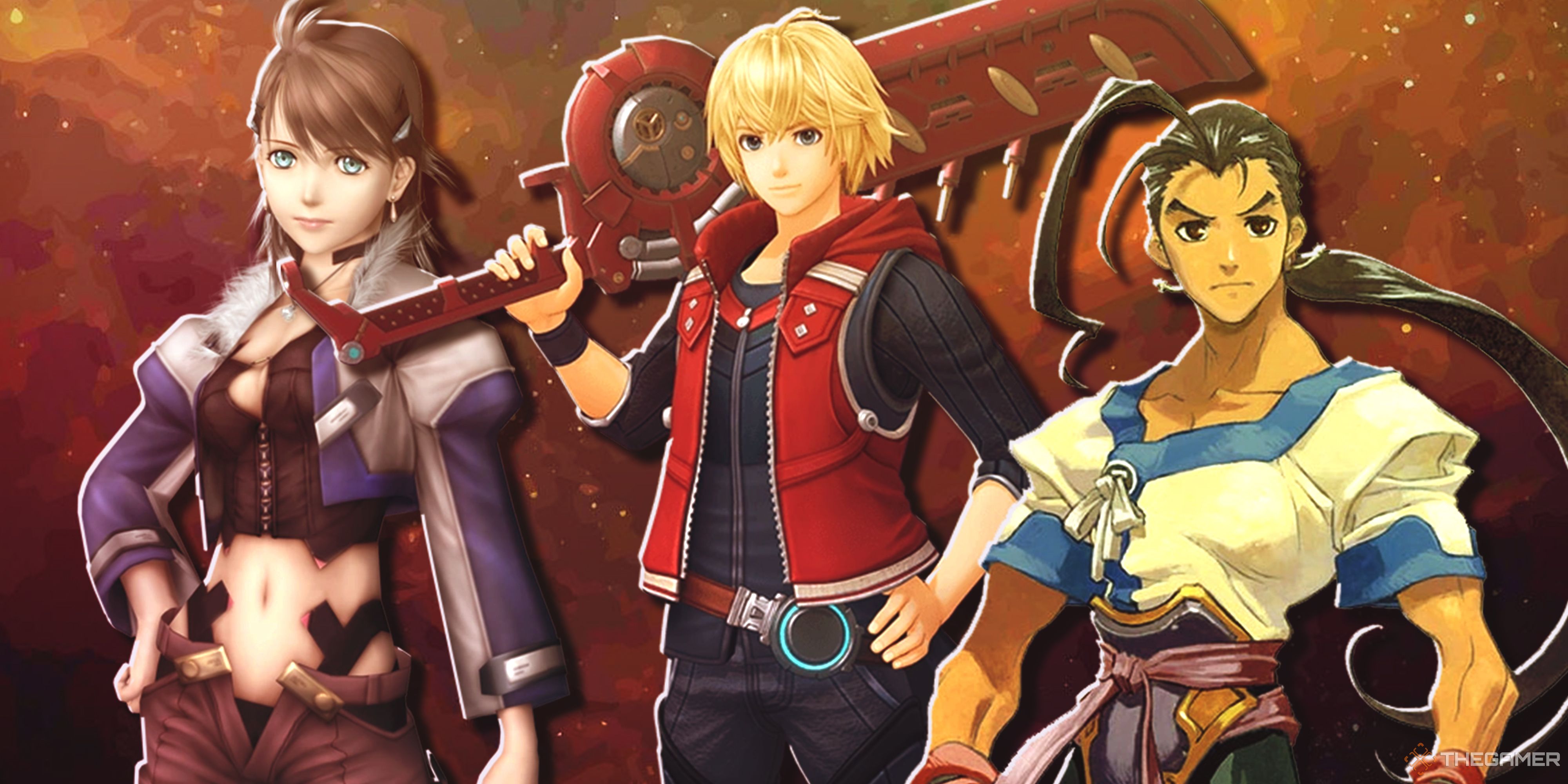

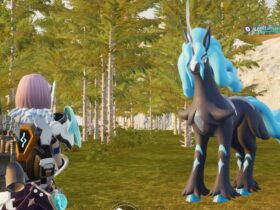
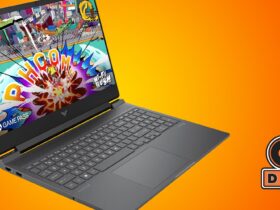
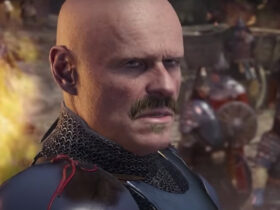
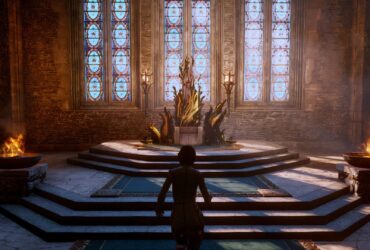
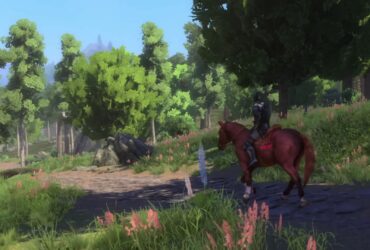


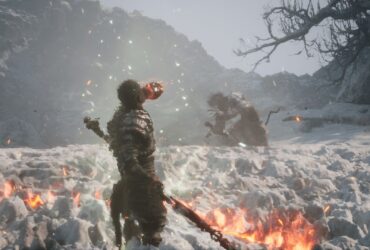
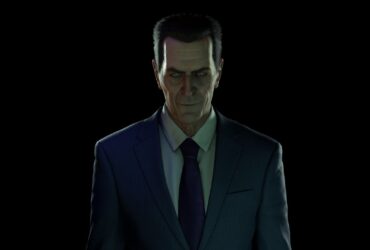
Leave a Reply